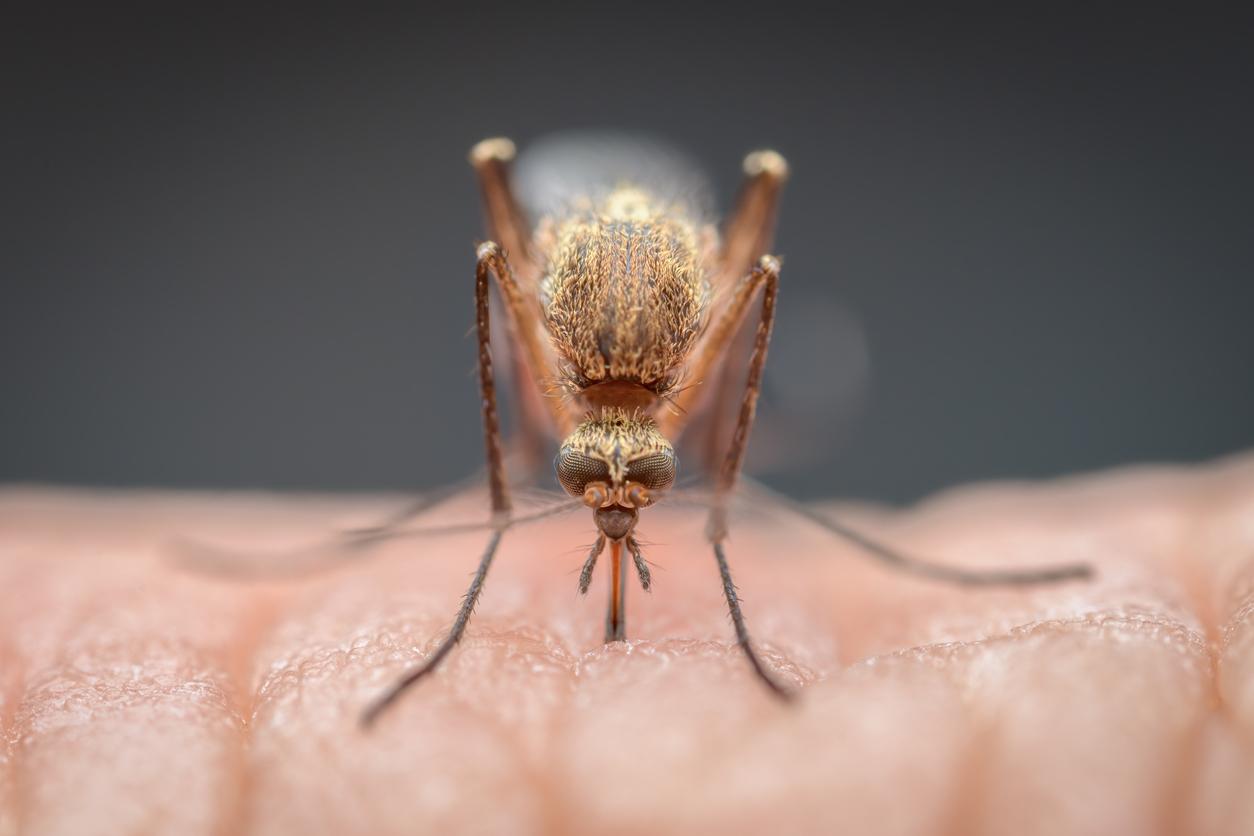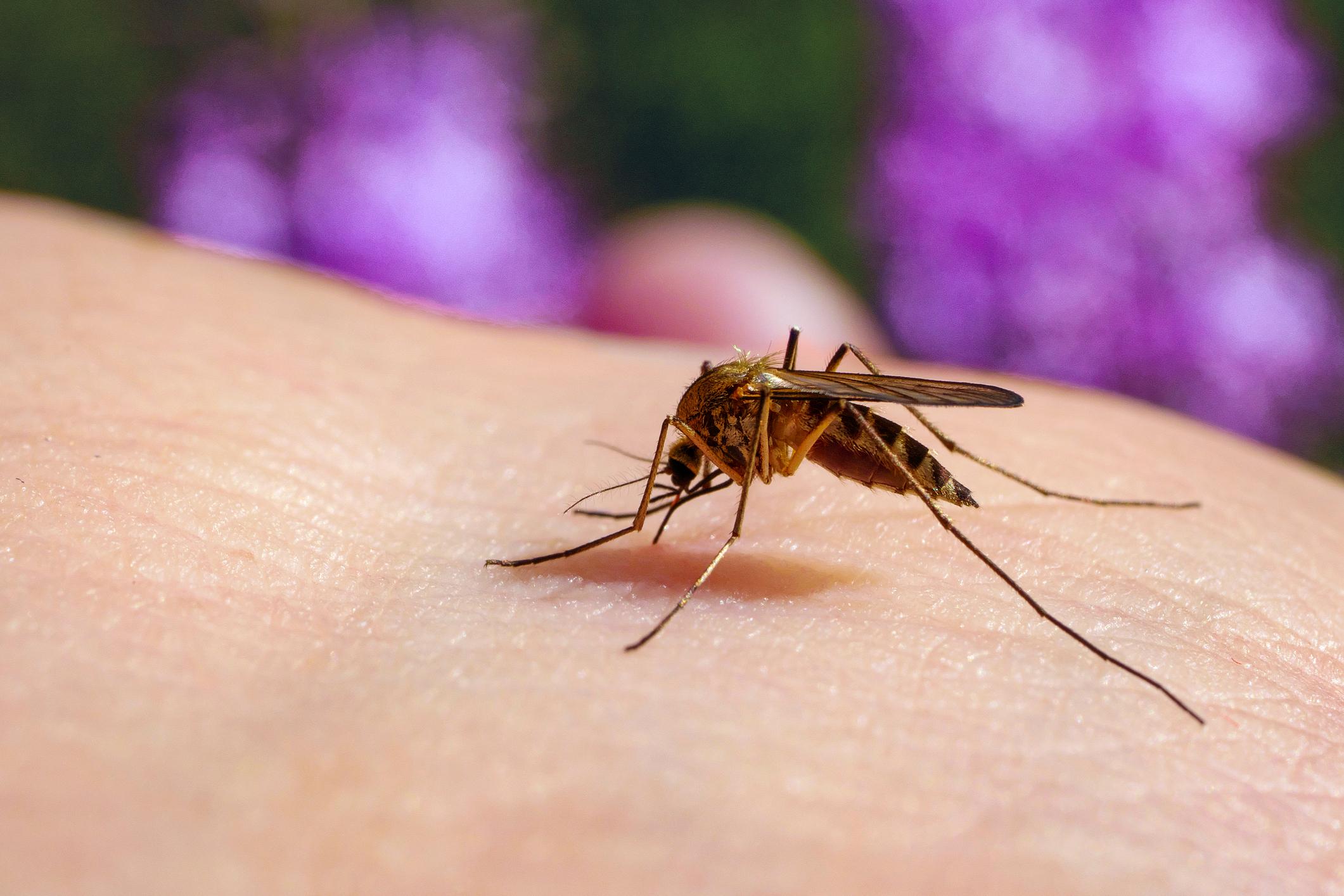
Tear eyes, itchy throat and runny nose
Hay fever is an allergic reaction to pollen from certain types of trees, herbs or grasses. In the Netherlands, one in five people suffers from it. What can you do about it? dr. ir. Arnold van Vliet, biologist at Wageningen University, shares the latest insights.
1. Keep track of when you have a cold
Keep a diary about the course of your hay fever complaints. This provides insight, so that you can take measures sooner. Even in December you can suffer from hay fever, says Van Vliet. The changing climate plays a role in this: “The average temperature is rising, which means that some species bloom earlier and the hay fever season is longer. After a relatively warm autumn – such as we have had in recent years – the first hazel trees already bloom at the beginning of December. The early flowering alder flowers from mid-December. So someone who thinks they will catch a cold around Christmas may well already be suffering from hay fever.”
2. Keep an eye on the pollen calendar
It is wise to keep an eye on when which pollen is released, says Van Vliet: “Suppose you are allergic to birch pollen, then look at the website of the Leiden University Medical Center when the birch normally blooms. If your body reacts strongly to that particular birch pollen, then it is better not to exercise outside during the period when the birch pollen is flying through the air. Excessive exposure to allergens can also lead to the allergy developing further and thus getting worse. You would rather avoid that.” For people who use hay fever medicines from the cromone group, it is extra important to keep a close eye on the pollen forecast. The effectiveness of these medicines only starts after a few days (eye drops) to a few weeks (nasal spray) use.
3. Ask your doctor for an extensive allergy test
Always visit your doctor with severe hay fever complaints. To find out exactly which pollen you are allergic to, you should ask your doctor for an allergy test: a skin prick test or a blood test. Just checking whether you are allergic to trees, grasses or herbs is not enough. The GP must indicate in the application that you must be tested for specific species.
4. Be alert to a possible cross allergy
If you suspect that you suffer from cross-allergy, have it tested and see a dietician. “The immune system is then unable to distinguish between allergens from different origins, including food, because the allergens are too similar,” explains Van Vliet. “Someone who suffers from birch pollen, for example, can also develop complaints when eating fresh apples, pears, cherries, nectarines and plums. The complaints may include itching and redness in and around the mouth, a tingling sensation in the mouth, swelling of the lips and tongue, hoarseness and a feeling that the throat is closed. The possibility of such a cross-allergy is another reason to know exactly which trees, grasses or herbs you are allergic to. Then you don’t have to be so shocked if you suddenly get an allergic reaction to eating an apple during the birch pollen season. Cross-allergy usually only occurs if you ingest too many allergens, but some hay fever patients also react strongly to certain foods outside the pollen season.”
5. Take into account mugwort blooms in August
Mugwort is a common type of weed that causes severe hay fever symptoms. Van Vliet: “Mugwort flowers after the grasses, so in August. During that period we often have to deal with high temperatures and a lot of ozone in the air. This is disadvantageous for hay fever patients, because ozone makes the lungs extra sensitive to floating pollen and other stimuli.”
6. Keep your garden free of wormwood ragweed
“The wormwood ragweed is a highly allergenic weed, which fortunately is not yet as widespread as the mugwort. Wormwood ragweed blooms from late August to October. Because the seeds of this weed are sometimes in bird food, you can also just come across the wormwood ragweed in your garden. If so, you should remove it immediately.” Want to know what the wormwood ragweed looks like? On the website Pollennieuws.nl and via the search function on the website of the Dutch Food Safety Authority you will find a lot of images.
7. Get rid of that olive tree
Olive trees are very popular, both in the garden and in shopping centers for example. Van Vliet is not happy with it: “The olive tree blooms from April to June and unfortunately its pollen causes serious hay fever complaints. If you have hay fever, it is better not to put an olive tree in the garden or on the balcony.”
8. Avoid These Substances
Avoid cigarette smoke, paint, hairspray, chlorine, ammonia, exhaust fumes and perfume, as these aggravate your hay fever symptoms. Scented flowers or plants can also enhance hay fever symptoms.
9. Check pollennieuws.nl
On the website Pollennieuws.nl you will find information about the current pollen situation in the Netherlands. Pollennieuws publishes pollen counts every week (which are carried out by the Leiden University Medical Center and the Elkerliek Hospital in Helmond) and also makes forecasts based on the counts. Here you can search for an indication of the flowering period per tree, grass and herb species. In addition, you will find a lot of visual material, so that it is easier to recognize the different types. Pollen news is also available as an app.
10. This way you are less bothered by hay fever outside
- Walk, cycle and do sports preferably before 10 a.m. Then the pollen concentration is lower.
- Wear sunglasses or sports glasses to protect your eyes from pollen.
- The pollen concentration is lower during and just after a rain shower.
- If you are bothered by grass pollen, ask someone else to mow the grass. Or purchase a robotic lawnmower.
- Tired of all that coughing and spitting? Go to the sea for a day; there is hardly any pollen floating around.
- Keep the car window closed and have a pollen filter installed on the air circulation if necessary. Most new cars already have such a filter.
11. This way you are less bothered by hay fever indoors
- Dry the laundry inside, so that you don’t get pollen through the laundry.
- Keep windows and doors closed and only air your home early in the morning.
- Windows open? Then place special pollen screens.
- To bed without pollen? Undress outside your bedroom and take a shower before going to sleep.
- Keep dogs and cats clean and free of pollen.
- Provide a vacuum cleaner with an anti-allergy filter. Vacuum often and change the vacuum cleaner filter every six months.
This article previously appeared in Plus Magazine April 2022. Want to subscribe to the magazine? You can do that in no time!
Sources):
- Plus Magazine

















